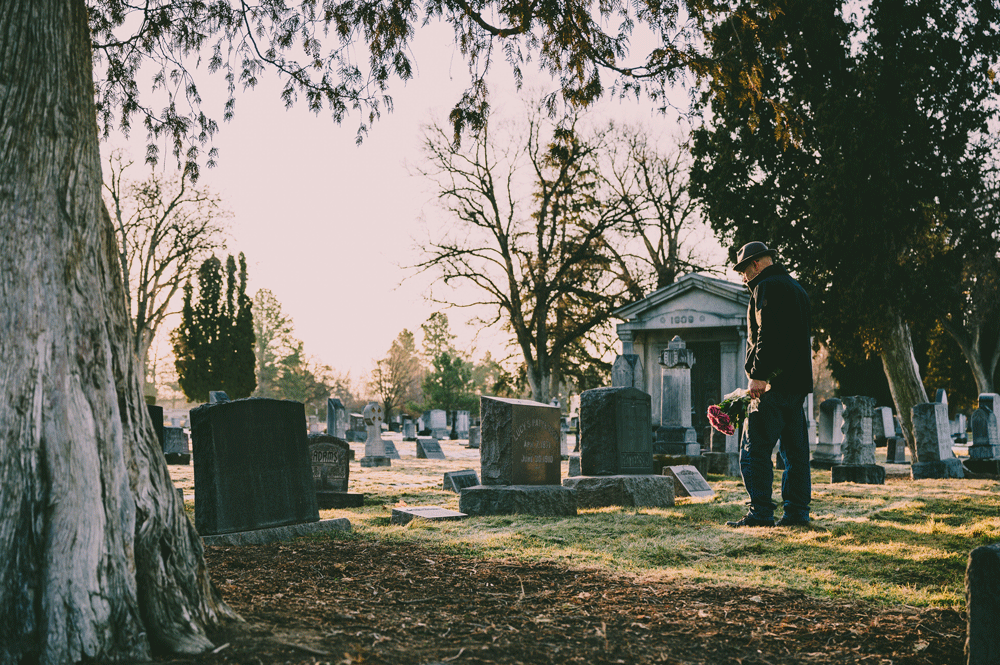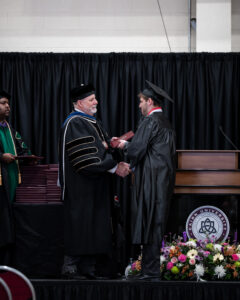

Recently I lost a dear friend, not in a sudden tragic way and not in a way or at a time that caught me off-guard. It was not that I had not anticipated his passing given his circumstances. In his eighties, and after a ten-year, hard-fought battle with a difficult and persistent form of cancer, he succumbed. Over a period of weeks, after taking a turn for the worse, he found himself facing grave news and entering hospice care. His was a peaceful passing by comparison to many. He was at home, surrounded by his loving family with time to say goodbyes and reminisce. And while that kind of passing is easier than other more sudden, tragic, or difficult ones, it is still a loss that brings grief, over which there is mourning and about which people sympathize. Death is the great equalizer. It comes to us all, and while all deaths are not the same, they all mark the end of life on this earth. The body stills. The heart quiets. The breath departs.
When I got word of his passing, I wept. I miss my friend. He was a consistent source of encouragement and wisdom, a mentor, a confidant, one whose presence brought me cheer. He was decades older than I, and I am the age of his sons. After my Dad died more than fifteen years ago, he took on a fatherly role in my life. In fact, after my dad’s death, he shared with me how he weathered and dealt with his own father’s passing. He opened up about his life as a young man, as a father, and a businessman in ways I had not experienced with him before that. He was a man of profound and firm faith. And in my own grief, he shared not only his own experiences but passages of Scripture that brought him comfort in his grief and loss. I reflected on this when I visited my friend and his family just a few days before he died. Seeing him in such a weakened state, a fraction of the vigorous and vivacious man I had known, was a hard thing. It reminded me of those difficult final days prior to my dad’s death. It reminded me of so many others I have known and visited as they neared the end of life either at home or in the hospital. And after sharing a few words of appreciation and admiration with him and praying with him, his wife, and their children, I did the only thing I thought might bring him comfort as he faced what he knew was the end. I read passages of Scripture, some of which he had shared with me in my own grief years earlier. I read from 1 Corinthians 15, where the resurrection is so clearly taught and promised. I read from the Gospels, where Jesus reminds us that He is the good shepherd who loves and cares for His sheep. And I read from Psalm 91:
“He who dwells in the shelter of the Most High will abide in the shadow of the Almighty.
I will say to the LORD, “My refuge and my fortress, my God, in whom I trust.”
For He will deliver you from the snare of the fowler and from the deadly pestilence,
He will cover you with His pinions,
and under His wings you will find refuge.”
The comfort these words brought my friend was real. He breathed easier, turned with a knowing look, and nodded. I had experienced virtually the same thing sixteen years ago in an ICU room with my father who was dying from emphysema. He was more agitated and struggling than my friend a few weeks ago. His was a harder road in some ways but death is always a lonely passage no matter the circumstances. I remember very clearly reading Psalm 91 to my dad who lifted his eyebrows peacefully, smiled, squeezed my hand, and nodded slowly. It brought peace, but not the kind we think of in an ICU room. Scripture is not a sedative. Rather, with faith it is a comfort. It soothes and strengthens our inner person because it carries the weight of eternal truth. It reminds us that the passing from this life and the grief, loss, pain, and suffering that accompany it is not the end, is not unnoticed by our Creator, and is not beyond the reach of heavenly comfort.
This article first appeared in-print in the Bucks County Courier Times on October 2, 2022.



![Debbie Lynn Wolf [400]](https://cairn.edu/wp-content/uploads/2023/11/Debbie-Lynn-Wolf-400-300x300.gif)
